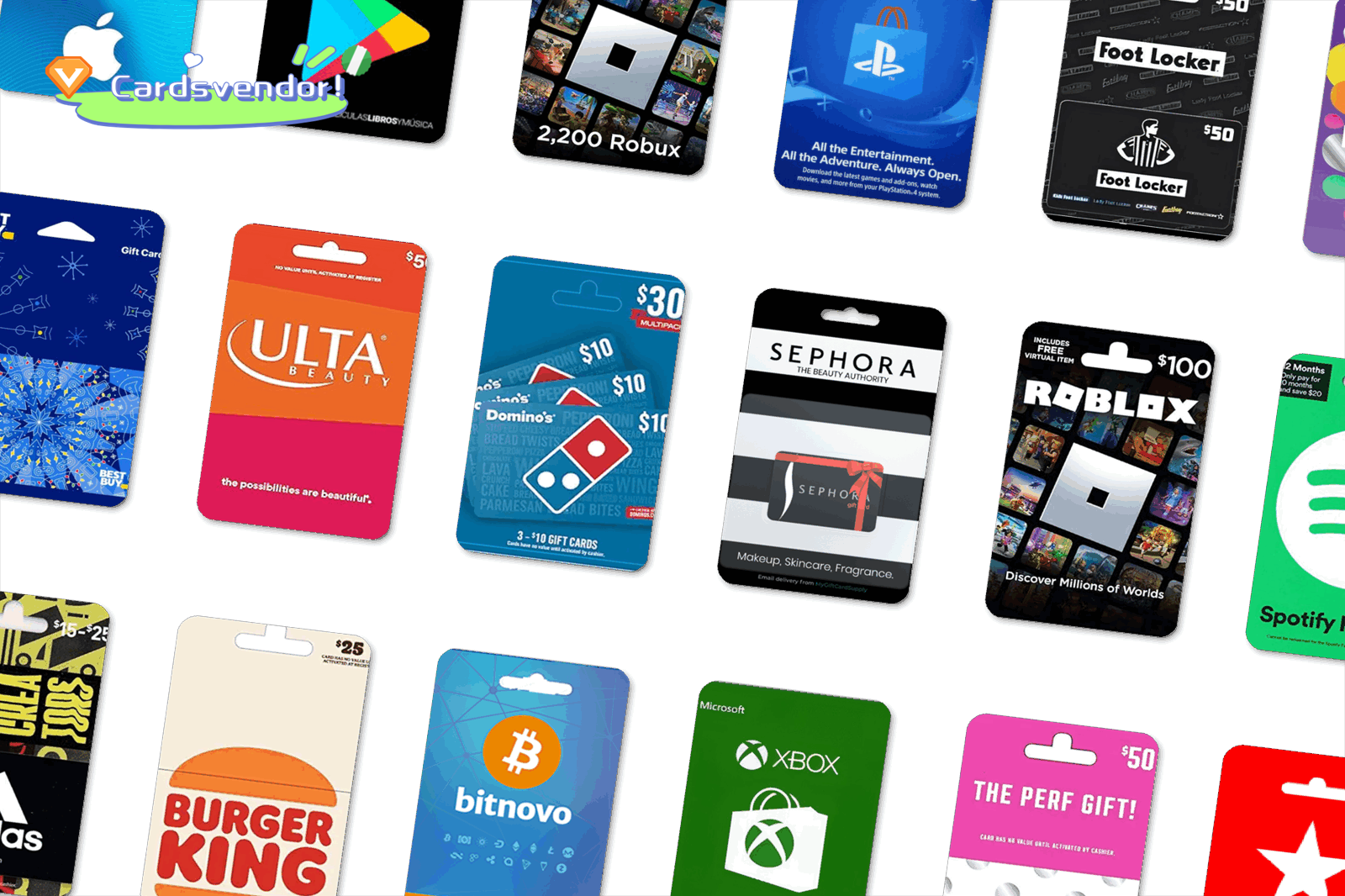$30 Starbucks Gift Card: Nigerian Naira Value Today
All About Starbucks Gift Cards

The Starbucks Gift Card is a pre-paid card allowing customers to purchase Starbucks products and services at participating locations. It’s reloadable and can be used for coffee, food, and merchandise. It serves as a convenient and flexible gift option, offering recipients the freedom to choose their favorite items from the Starbucks menu.
The USD Starbucks gift card is a pre-paid card that can be used to make purchases at Starbucks locations. It functions similarly to a credit or debit card, where the cardholder can load a specific amount of money onto it, which is then deducted from each transaction until the balance is depleted. It is a convenient way for customers to give someone a gift or for themselves to have a ready-to-use method of payment without the need to carry cash or credit/debit cards.
The Fastest Way to Convert Starbucks’s Gift Cards into Naira
Best Way to Convert $30 Starbucks Gift Card to Naira
The exchange rate for a 1USD Starbucks gift card is currently between 480 and 650 Naira, according to Cardsvendor’s calculator. Therefore, a 30USD Starbucks gift card is worth between 14,400 and 19,500 Naira. As the exchange rate is subject to change, it’s best to check Cardsvendor’s tool before making any gift card exchanges.

Starbucks gift cards can be purchased in many countries around the world. The specific availability of Starbucks gift cards varies by region, but generally, the following countries offer them:
North America:
- United States
- Canada
Europe:
- United Kingdom
- France
- Germany
- Italy
- Spain
- The Netherlands
- Switzerland
- Belgium
- Ireland
- Austria
- Sweden
- Norway
- Finland
- Denmark
- Portugal
- Greece
- Luxembourg
- Croatia
- Poland
- Czech Republic
- Slovakia
- Hungary
- Romania
- Bulgaria
- Lithuania
- Latvia
- Estonia
Asia:
- China
- Hong Kong
- Japan
- South Korea
- Singapore
- Taiwan
- Malaysia
- Thailand
- Philippines
- Indonesia
- Vietnam
- India
- Pakistan
- Bangladesh
- Nepal
Australia and Oceania:
- Australia
- New Zealand
South America:
- Brazil
- Argentina
- Chile
- Colombia
- Mexico
Africa:
- South Africa
- Kenya
- Nigeria
Middle East:
- United Arab Emirates
- Saudi Arabia
- Kuwait
- Lebanon
- Jordan
- Egypt
Starbucks gift cards can be purchased in physical stores, online through the official Starbucks website, or through various digital platforms and retailers. It’s always best to check with your local Starbucks or visit their official website to confirm availability in your specific country.
Factors that Determine Starbucks Gift Card Rates
Several factors affect the exchange rate of Starbucks Gift Cards in Nigeria. These include the Nigerian Naira’s value against the US Dollar, import duties and taxes, currency conversion fees, demand and supply dynamics, and any regulatory changes. Fluctuations in the Naira’s exchange rate can significantly impact the local price of the gift cards.
References for How much is $30 Real Starbucks Gift Card to Nigerian Naira easily (2025 Guide)?
